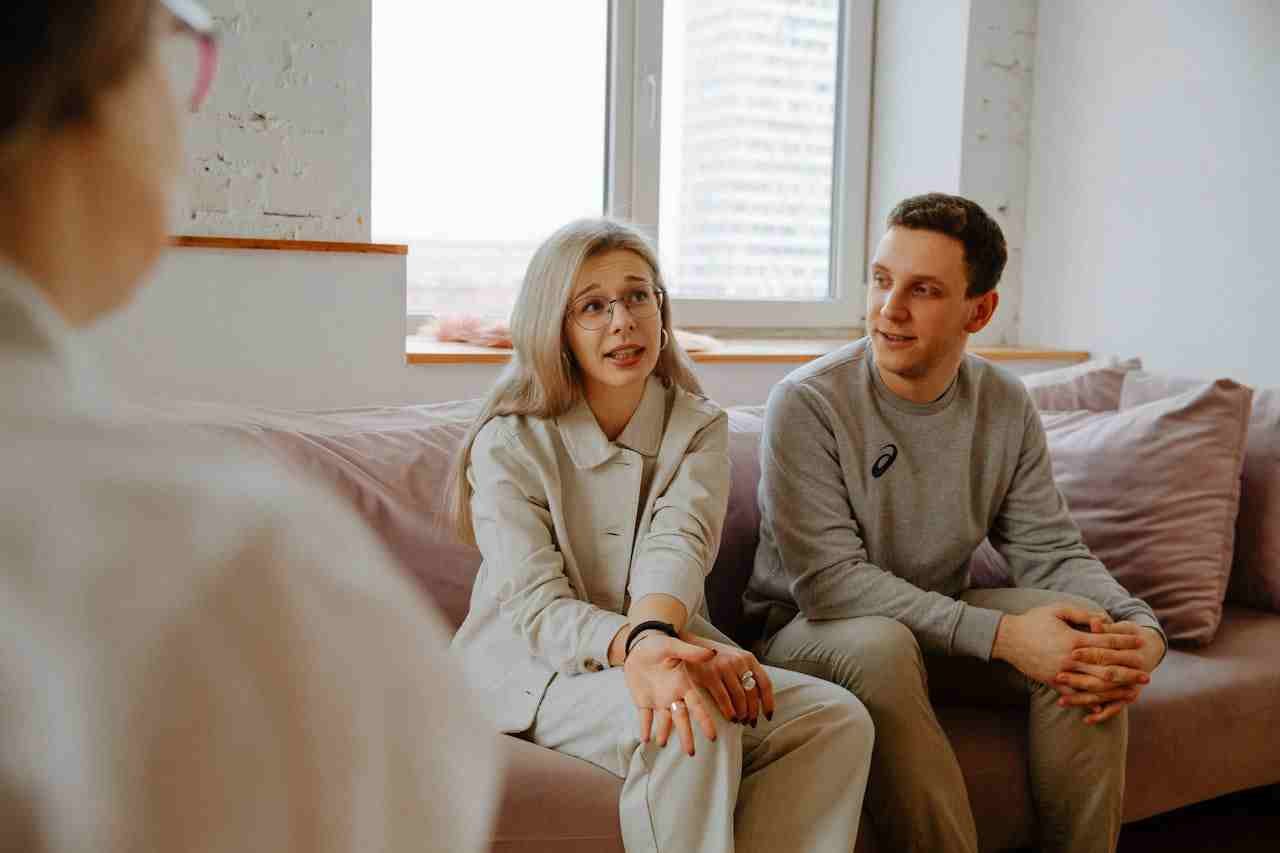In today’s fast-paced world, maintaining a healthy and fulfilling relationship can be challenging. Couples face numerous stressors, from work demands and financial pressures to parenting challenges and personal issues. These stressors can take a toll on even the strongest relationships, leading to misunderstandings, resentment, and emotional distance. Couple counseling has emerged as a vital resource for couples seeking to navigate these challenges and strengthen their bond.
Couple counseling, also known as marriage or relationship counseling, involves working with a trained therapist to address and resolve issues within a relationship. This therapeutic process can benefit couples at any stage of their relationship, whether they are dating, engaged, newlyweds, or have been together for decades. The goal of couple counseling is to improve communication, foster understanding, and promote a healthier, more satisfying relationship.
One of the primary benefits of couple counseling is improved communication. Communication is the foundation of any healthy relationship, yet it is often the first area to suffer when conflicts arise. A skilled therapist can help couples develop effective communication skills, such as active listening, expressing emotions constructively, and avoiding destructive behaviors like blame and criticism. Through guided conversations and exercises, couples can learn to communicate more openly and honestly, paving the way for greater understanding and connection.
Another significant advantage of couple counseling is the opportunity to address underlying issues. Many relationship problems stem from deeper emotional wounds or unresolved conflicts. A therapist can help couples identify and explore these underlying issues, providing a safe space to discuss past traumas, unmet needs, and unspoken fears. By addressing these deeper issues, couples can gain insights into their behaviors and patterns, leading to more compassionate and empathetic interactions.
Couple counseling also offers a structured environment for conflict resolution. Conflict is a natural part of any relationship, but how couples handle it can make or break their bond. A therapist can teach couples healthy ways to manage and resolve conflicts, such as finding common ground, compromising, and setting boundaries. Learning these skills can help couples navigate disagreements more effectively, reducing the likelihood of escalation and fostering a more harmonious relationship.
Moreover, couple counseling can reignite intimacy and connection. Over time, the demands of daily life can lead to emotional and physical distance between partners. Counseling provides an opportunity for couples to reconnect on a deeper level, exploring their desires, needs, and shared goals. Therapists can guide couples in rebuilding intimacy through exercises that promote emotional closeness, physical affection, and mutual support. This renewed sense of connection can revitalize the relationship, making it more resilient to future challenges.
For many couples, couple counseling is also a preventative measure. Seeking counseling before problems become deeply entrenched can prevent minor issues from escalating into major conflicts. Regular counseling sessions can help couples stay attuned to each other’s needs and maintain a strong, healthy relationship over time. It serves as a proactive approach to relationship maintenance, ensuring that couples remain connected and supportive throughout their journey together.
Finally, couple counseling can be a valuable resource for individual growth. Relationships often serve as mirrors, reflecting our strengths and weaknesses. Through counseling, individuals can gain insights into their own behaviors, triggers, and emotional responses. This self-awareness can lead to personal growth, enhancing one’s ability to contribute positively to the relationship. As both partners grow individually, the relationship can flourish, becoming a source of mutual support and enrichment.
In conclusion, couple counseling is a powerful tool for enhancing and sustaining relationships. It offers a safe space for couples to improve communication, address underlying issues, resolve conflicts, and rekindle intimacy. Whether used as a preventative measure or a solution to existing problems, couple counseling can help partners navigate the complexities of modern relationships, fostering a deeper, more fulfilling connection. By investing in their relationship through counseling, couples can build a stronger foundation for a lifetime of love and partnership.

